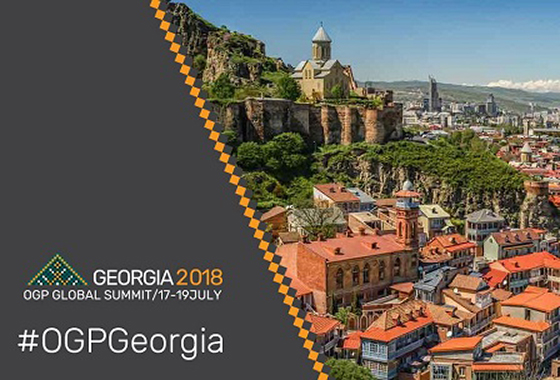Open Government is the solution… But what is the problem?

Inclusive politics is about listening and understanding. NIMD Programme Manager, Rob van Leeuwen, shares his reflections on the perception of participatory democracy and open governments as tools to counter populism.
Last week I attended the annual summit of the Open Government Partnership in Tbilisi, Georgia. During the summit politicians, civil servants, civil society representatives and academics from 96 countries shared their achievements in the field of open government. This included impressive initiatives to involve citizens in decision-making and increase government transparency and accountability.
There seems to be a general consensus that creating more opportunities for citizens to participate in decision-making will restore trust in the political elites and in democracy as a form of government.

This is based on the assumption that recent political developments (especially the Brexit referendum, the election of Donald Trump as President of the United States, the rise of populist parties in many European countries) reflect a desire, held among certain groups of citizens, to be more informed about and more involved in decision-making. Taking back control did not only refer to the sovereignty of the nation state but also to the influence of citizens over their own government.
This theory neglects the possibility that Brexit or Trump voters did exactly what they wanted to do when they exercised their right to vote for or against a decision, for or against a candidate.

We give citizens the right to vote in an election or referendum but, when we don’t like the results, we assume that there must have been some mistake, that there is some underlying grievance which is not being addressed. We seem to find it difficult to accept that there are really such deep political divisions in our societies.
We have to entertain the option that citizens voted for a candidate simply because they preferred him/her to other candidates. Or that they genuinely believed it would be better for the UK to leave the EU.
The only way to find out why people voted a certain way is to talk to, not about, our fellow citizens whose political preferences do not match our own.

One Dutch study, for example, suggested that populist voters are primarily motivated not by an information deficit but by an aversion to elite culture. This might point us to the fact that the composition of our political elites, primarily well educated and cosmopolitan, is not an accurate reflection of society as a whole. Another possibility is that the language used by political elites is too detached from the social and political realities of citizens.
By all means let’s invest in better forms of participatory democracy and benefit from all the advances that have been made in the area of open government. But let’s not jump to any conclusions about those whose political preferences do not match our own without first listening to them and engaging with them.